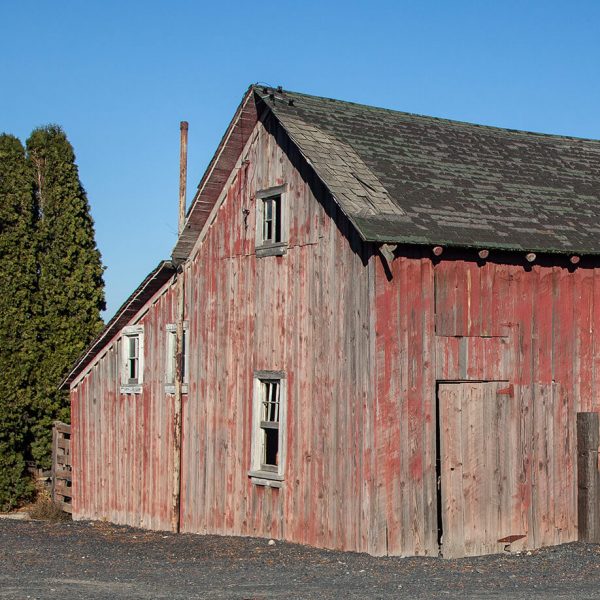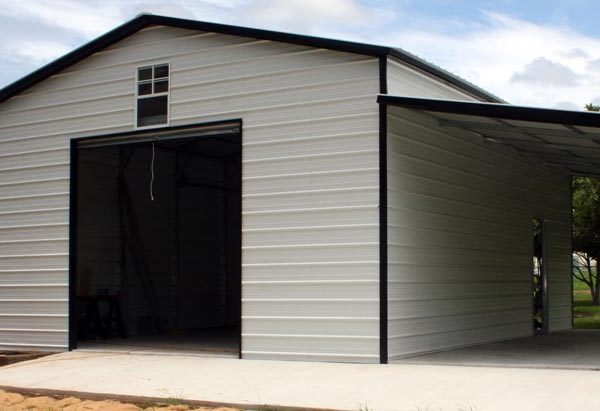Wood and Concrete -VS- Steel / Metal
Strong Factory Built Buildings
Stronger Then Wood More durable then wood and more resistant to water damage. Steel will Not Rot, Warp, Split, Crack, Or Creep. Steel framing will Not expand or contract with moisture content. Steel framing provides a significantly greater strength to weight ratio than wood. Lumber’s strength varies
drastically from tree species to species.
Most of today’s wood comes from smaller, younger, weaker trees. Consequently, much of the lumber
is flawed. Builders must often settle for wood with knots, bark, splits, twists, missing chunks, and other defects.
How can you rely on materials like that!
Concrete’s strength lies on the materials mixed— and the crew controlling that mix. Changes in the
water-to-cement ratio affect concrete’s strength.
Hotter days also affect the solidity of the mix. Even
scheduling delays impact the consistency and quality of the concrete.
However, steel is created under strict industry guidelines.
Every type and thickness of steel has a
specific, known strength and performance. Consequently, there’s no guesswork involved in creating
steel, so consistency is certain.
Concrete and wood builders fabricate everything in the field. All that laborious measuring, cutting, and
assembling takes time, and lots of it. Also, the more a project depends on field fabrication, the greater
the chance for major mistakes.
Depend on the Consistency of Prefab Metal Buildings prefabricated metal /Steel buildings deliver hassle-free quality construction. The consistency of steel, coupled
with quality-conscious manufacturing, make metal buildings the best option for
most construction projects.
Metal /Steel Building Advantages
• Impervious to rot, mold, and termites
• Value-added improvements at resale

• Extremely slow to age
• Straight and plumb— and stay that way
• Guaranteed to meet or exceed all current local building codes
• Considered a land asset by lenders
• Fire and lightning resistant
• Less expensive to insure
• Durable, outlasting pole barns by decades
• Permanent structures, built on concrete foundations, or stem walls
• Extremely low maintenance
• Strong enough to withstand damage from weather extremes

